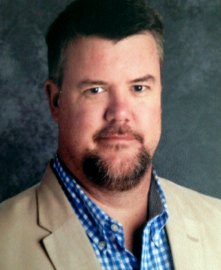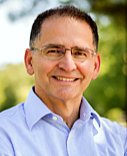

Fake news. Political polls. Twitter. Big data. Institutional mistrust. Civic responsibility. How do learners sort through it all? In this podcast, Daniel Palazzolo, professor of political science at the University of Richmond, and Patrick Touart, Social Studies Department Chairman at Tunstall High School in Pittsylvania County, Virginia, compare notes on how students make sense—or don’t make sense—of political science in the 21st century. More specifically, they reflect on pedagogical riddles pertaining to political science and younger learners. How do technologies such as social media alter how young people view and understand political parties? In the age of “alternative facts,” how can instructors guide learners to responsibly curate news sources and resist confirmation bias? What can the study of civics offer a younger generation of students who, on the whole, do not necessarily trust government institutions?
Palazzolo and Touart are participants in a new educational initiative from the National Humanities Center, Humanities in Class: A Guide to Thinking and Learning in the Humanities, which seeks to highlight the processes of discovery, analysis, and teaching specific to different humanities disciplines.